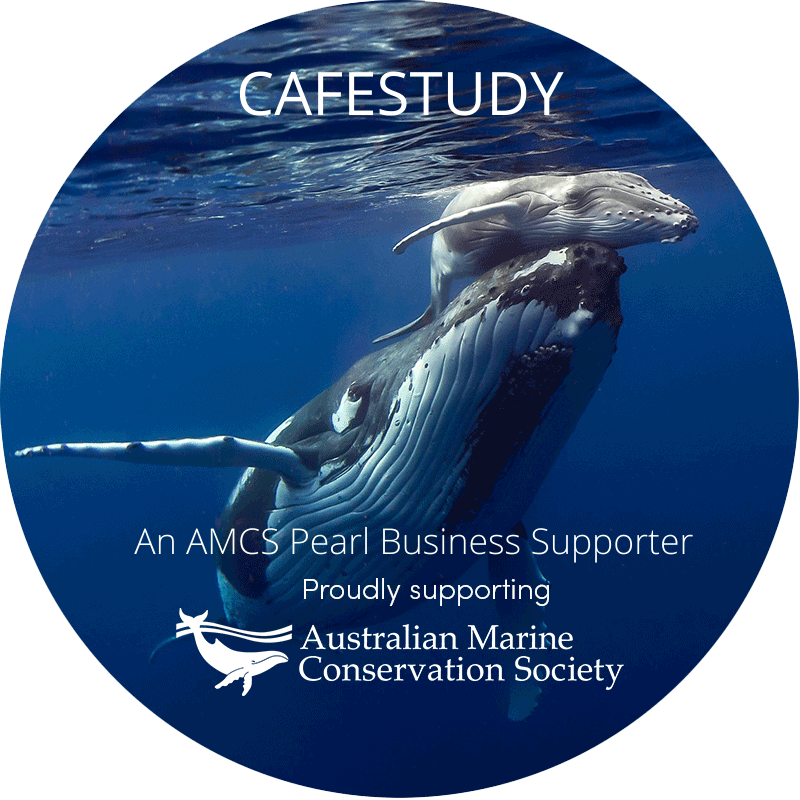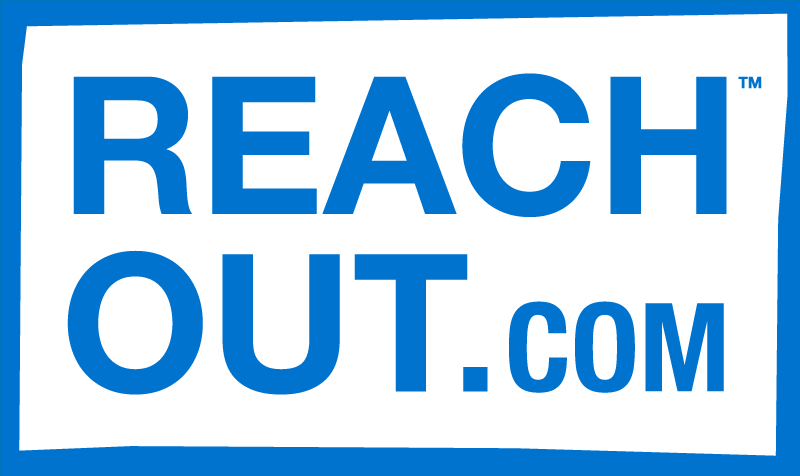Australian language?
Posted by: Nefertari
25th Nov 2010 06:07pm
My husband was watching an English television program the other day when one of the guests on the show commented on how a lot of other countries take English as their own language whereas only people from England should have English as their main language.
I was quite indignant at this at first but then I thought ...hey, she's right... we should have our own language! In my opinion our language though based on English should be called Australian.
What do others think?
Help Caféstudy members by responding to their questions, or ask your own in Café Chat, and you will get the chance of earning extra rewards. Caféstudy will match these and donate equally to our two chosen Australian charities.



Comments 15
washann
I wholeheartedly agree. We are Australian and speak Australian.
goanna
Yes I agree we should call it the Australian language and not English. I'm Australian not British therefore my language should not be classed as English. We should have our own identity.
Anonymous
Even I think that we should have to use our mother tounge.
errolsyd
Yes Nefertari anytime I am asked do I speak another language other than english I reply yes Australian!
mermaid
Australia does have its own language just not recognised, its indigenous australians who are willing and very capable of teaching. Many indigenous populations worldwide have their own it happens the english ruled it was not to be taught in their land when in actual fact history states the country was already populated when the english invaded.
mysteron347
What a load of dingo's kidneys!
Fact is that regional dialects in England can be next to incompehensible in another county. Expressions change region-to-region.
George Bernard Shaw was right in 'Pygmalion' (My Fair Lady) - it is quite possible for the attuned ear to distinguish between people who live even a few streets apart (or at least it was until forty years or so ago - TV and radio have smoothed over many variations.)
So what precisely is this narrow definition of "English?" London English? Yorkshire English? Lancashire? We'd be fighting the wars of the roses over again.
Australian English is a different and as similar as any of these other regional differences. Australians have polony sandwiches and cartons of beer. Yet some inhabitants of the overgrown cow-paddocks East of the line of chaos would insist on 'Fritz' or 'Devon' and 'slabs.' Do we classify each of these odd variants too as 'Australian?'
Then there's expressions and mispronunciations that are peculiar to members of one's family or even one's own household. Do we have to have a special name for each individual variant? If not, then how much difference need there be between "languages" to make the distinction necessary?
Frankly, I reckon the entire idea is cuckoo.
sr20desr20de
I think english is english but with differetn accents, also english should be the world language but that would be hard because there are alot of other languages other then english but it would help when travelling.
Kiwi chick
Most languages probably started from Africa if you believe in the theory supported by DNA, the seven daughters of Eve. UK English has many dialects and the same is true for most countries. For reasons of convenience they have been standardized for education and business purposes. In non-english speaking countries there is often a premium on being able to speak English as it seems to be winning the battle for most used business language.
U
We need to have an universal language. English seems to be it. I think it is great personally as when we travel oversea we can usually be understood.
stretch
can not comment only half talk one language and the rest is slang
english all the way
bren
Wot a load of cobblers!
English is a bastard language at the best, and over the centuries has grown and adopted words from all over the colonies and elsewhere. It is a dynamic and still growing language, and that is what makes it so great. If it was confined to England it would die pretty quick.
Anonymous
you are right it is not a pure language. if you watch any english tv shows you will know that most english people cannot even speak itproperly
Nan
I have found that just by selecting English as your language is not enough. Usually, your spell-check on your computer immediately correct all the words to American spelling. This irritates me no end when I am typing something important as I have to go back and correct into what I consider to be REAL English!
Shay-Dee
Yup, its already referred to as Australian English, you can even select that as an option with some programs. And I am sure there are now Australian English Dictionaries as well as UK and American English ones.
A lot of foreigners prefer to actually speak Australian or UK English as their second language. I have no problem with this at all
Ziah
Technically it is already called Australian English, as in the US it is called American English, an din the UK it is called UK English. The differentiation is already there...